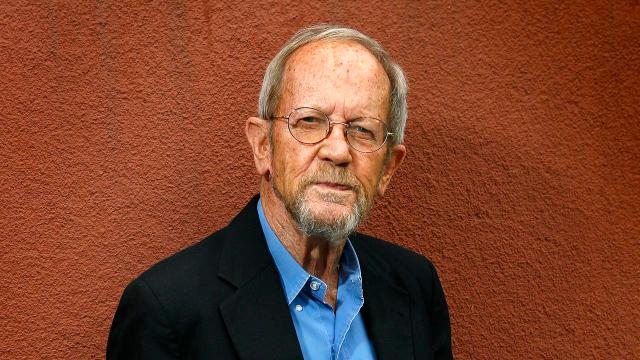 I belong to my daughter’s Book Club. She supplies the good company, calls in the bagel order to Murray’s in Chelsea and sets the table. I sit back, relax and take it all in, curious as to what each member thinks of the particular book chosen that month. It’s a good group—smart, insightful, funny, all different professions sharing the dual passion of friendship and books. It is great for a writer to be in their company. It’s like having your very own focus group—you listen to what they like in a book; what gave them pause; what made them want to continue; and what, if anything, disturbed them.
I belong to my daughter’s Book Club. She supplies the good company, calls in the bagel order to Murray’s in Chelsea and sets the table. I sit back, relax and take it all in, curious as to what each member thinks of the particular book chosen that month. It’s a good group—smart, insightful, funny, all different professions sharing the dual passion of friendship and books. It is great for a writer to be in their company. It’s like having your very own focus group—you listen to what they like in a book; what gave them pause; what made them want to continue; and what, if anything, disturbed them.
Last month, for the first time, an author joined the group—Julia Dahl who has recently published a terrific first novel, INVISIBLE CITY. I wasn’t the one who invited her; she came courtesy of another member, Jeff, who works for Julia’s husband. But I am pleased to say I was the one who chose the novel as our monthly read.
From the very start, Julia, cute, charming, gracious, stiletto sense of humor, fit right in with the group. Except for me, they are all around the same age—early 30s. I sat back, sipped my coffee and watched Julia handle their pinpoint questions with ease and confidence. The novel deals with a murder in Brooklyn’s Hasidic community and one determined young reporter’s quest to get to the truth. It is beautifully written, fast-paced, New York City rich dialogue and what is most impressive to me, especially with a first novel, is how quickly a reader is engaged in the story. In less than 20 pages, Dahl has you in her world—the tabloids on one end; the cloistered life of the Ultra-Orthodox on the other; and, in the middle, a young woman grappling to come to terms with a mother who long ago abandoned her.
The atmosphere around the Red Table was relaxed and casual, the questions born of curiosity, the answers delivered in a confident manner. The Red Table Book Club is as interested in the process of how a book is written as much as they are in how well the final version is executed. They asked Julia about her research, about whether she felt threatened by those in the community, about how much her newspaper background helped her in writing the novel. It was a pleasure for me to be a small part of that special Sunday morning.
We hear so much about the death of the written word, about how no one reads anymore and no cares about books. And there is, sadly, proof of that all around us—stores closing by the week, sales decreasing, lists cut back. It is sad enough to walk down certain streets and no longer see the book store I used to haunt, a young man spending money he didn’t have on books he needed to have.
And then I look around the table, at the bright and eager faces of The Red Table Book Club and see them chatting with a young author who has nothing but a brilliant future in front of her and it makes me realize that maybe all that negative talk about the demise of the book can be defeated. That there are many people out there who still love a good story well told and will reach for it in any fashion they can.
There was one other thing about that morning that stayed with me. One of the members of the Red Table Club, Matt, had told me earlier that he had signed with a literary agency. They had agreed to take on the novel he wrote in his free time, when he wasn’t teaching or helping his wife, Phoebe, take care of just about 2-year-old Nate. He was too shy to mention that to Julia so I did.
Her reaction was one of sheer joy. “That’s fantastic,” Julia said. “That is huge. That’s the biggest obstacle. That means they think they can sell it and they will.”
And that’s one of the many things I love about the writing life. How welcoming it is to new members of the fraternity. How eager they are to reach out and help the younger ones following in their path or in the case of Julia and Matt, quick to embrace the newest author in the group.
I saw that and thought back to when I was a teenager and wrote a long letter to Pete Hamill, then a columnist for the New York Post. I remembered how kind he was to me and, later, when he went to the News and I started there as a copy boy how generous he was of his time and his talent. He got as much of a kick helping me as I did absorbing his valuable lessons.
That was my take-away from that morning. A young author, flush with the success of her new book and deep into writing her second, happily sharing a bagel, some coffee, conversation and experience with a group of readers who had, by the end of the meeting, become her friends.
And that is truly what any reader is to an author—a friend.
A very good friend.


